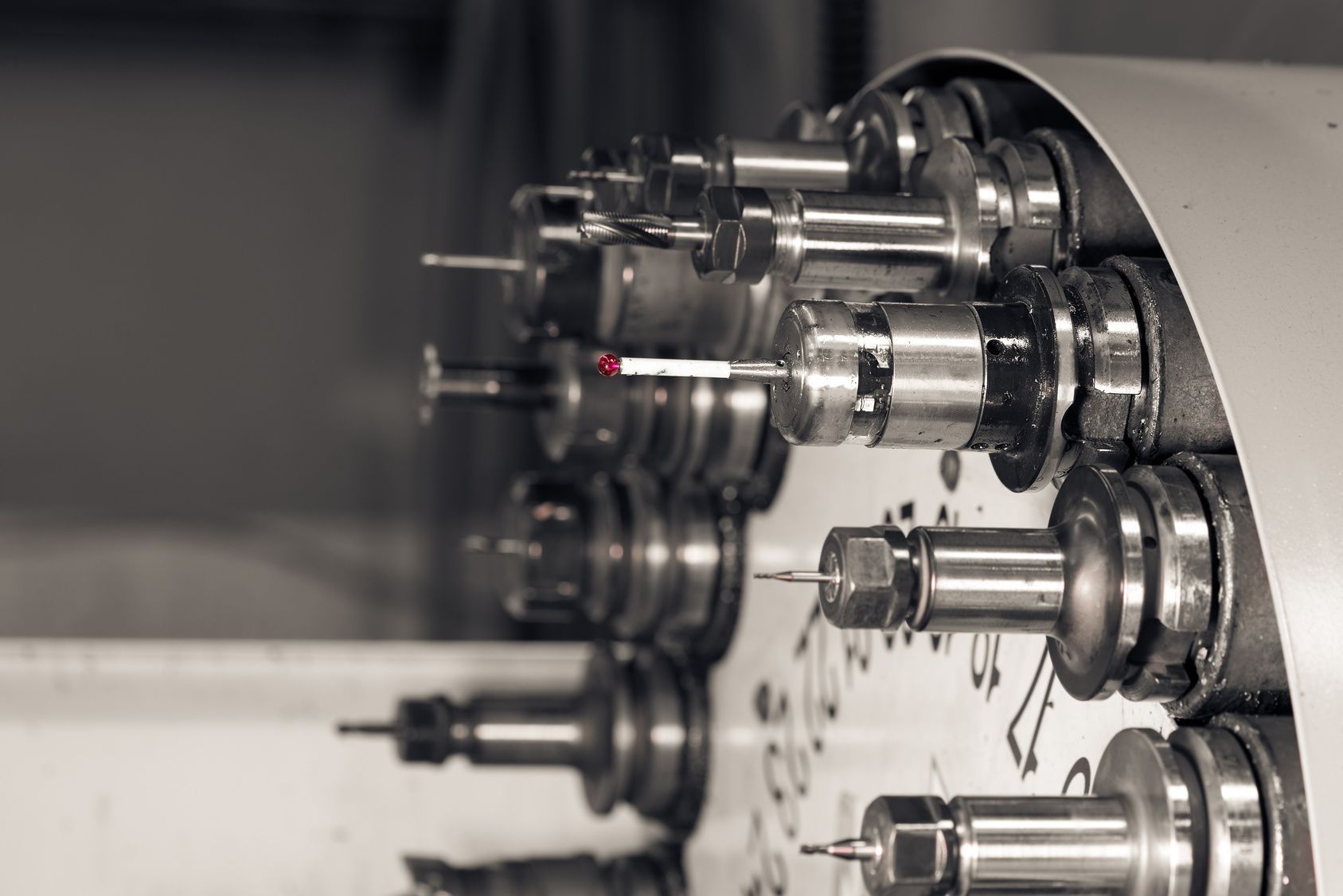Cinching contracts is the name of the game when doing contract machine work.
So how do you make sure you beat out the competition? By engaging with clients. The deeper you involve yourself in the bid/contract process, the more consideration clients will give your bid.
Not sure how to walk the line of involved vs. desperate? We’ve got you covered. Learn how to cinch machining for manufacturing contracts without over-selling clients below.
Develop Partnerships
Working against other companies bidding on jobs can feel lonely, but it’s possible. When you’re on jobs, use the built in networking environment of the job site to meet contacts. Then take the time to become interested in their company and what they do.
Business Partnerships
Set up a meeting with their head contractor or CEO and see if the two companies can come to an agreement. Ideally, they’d agree to call you when they had machinery needs and you’d call them for their services on a job. If you’re not comfortable working together in that sense, you can ask the other business to exchange recommendations.
Say a client wanted something done via contract machine work, and you had the machine but not the raw materials. You’d tell your client that you’re willing to do the job and can fill the hole in your service by recommending raw materials supplier. The customer will appreciate your willingness to work with others in the community and do less work themselves.
As long as the partnership with the other company has clear expectations, you have nothing to lose!
Advice Driven Partnerships
If you haven’t found the right company to partner/work with, you can use other businesses for advice about clients. Did the client use a certain supplier for their last project? Reach out to them for insights about the client’s methods and expectations. You’ll serve your client better and they’ll be impressed with your research.
Reputations in Contract Machine Work
The willingness of others to talk about working with you shows clients you’re trustworthy. The more times clients hear your name from other professionals, the better they’ll remember you when it’s time to reach out.
Do Your Homework
Before you submit your bid or meet with the client, do research on their project or company. Treat the bid or meeting like you would a job interview and take the time to figure out who you’ll (hopefully) be working for. Browse their website and read their “about us” and values sections.
Once you know a little bit about who they are, you can personalize your pitch to them. Don’t be afraid to ask questions before you come in or submit your bid. When you’re scheduling with clients, ask them for examples of the project they have in mind. The more engaged you are with the clients, the more willing they’ll be to hire you.
Listen to the Client
If you’re pitching your price to a client or a contractor, stop talking and listen. Projects have innumerable details and the more you listen at the beginning, the fewer mistakes you’ll make along the way. When they’re explaining the job to you, take notes and ask questions. If you’re actively engaged in the discussion of the job, clients can better imagine you on it.
If you’re lucky enough to have an initial meeting to discuss the project before your bid, work those small details into your pitch. It’ll show the clients that you listened and they’ll feel comfortable with your understanding of the job.
Don’t Assume Anything
When you’re doing contract machine work bids for a client or contractor. Even if you think the client knows everything about your company, treat each bid or pitch with the same care as you would for a brand new client.
It may turn out that all that information wasn’t necessary, but it’s better to give too much than too little. The last thing you want to do is let clients think you feel entitled to the work based on past performance. Each new job is a chance to prove yourself more than before and your pitches should convey that.
Tech Review
Skimping on the tech review on your bid is one of the worst things you can do on a potential contract. It’s an under-utilized section that you can use to set yourself apart from your machine contract work competition. Use the space to talk about the superiority of your machining for manufacturing and your company itself.
Be reasonably humble, but don’t sell yourself short. Let the customer know why they want to hire you and what you’ll be like to work with. Where does your expertise lie? Do you have specialty equipment your competition doesn’t? Repairmen? Competitive prices? Let your clients know.
A reality of machine contract work is that clients don’t understand the machines themselves. Use this section to teach them enough about your products to be able to discuss them with you in the future.
Keep Clients Involved
If you landed a contract and want to land another in the future, keep your client involved in the process. Check in with them about how the machines are doing and ask for feedback. Let them be as involved in the process as they want to be. They’ll remember your willingness to work together when they’re looking to contract machine work again.
Final Words
The best tip to getting contract machine work is to stay engaged with your clients from the beginning. The more you engage and ask questions about their project, the more willing they’ll be to turn it over. Do your best to build a real interest in the work, since they’ll be able to see through fake enthusiasm quickly.
Finally, don’t be afraid to spend money on your physical or web exposure. Beefing up your machining for manufacturing web presence will help clients find you and open you up to more job opportunities. All while building your brand recognition and reputation.
Did we miss any tips for cinching contracts? Let us know in the comments below.



